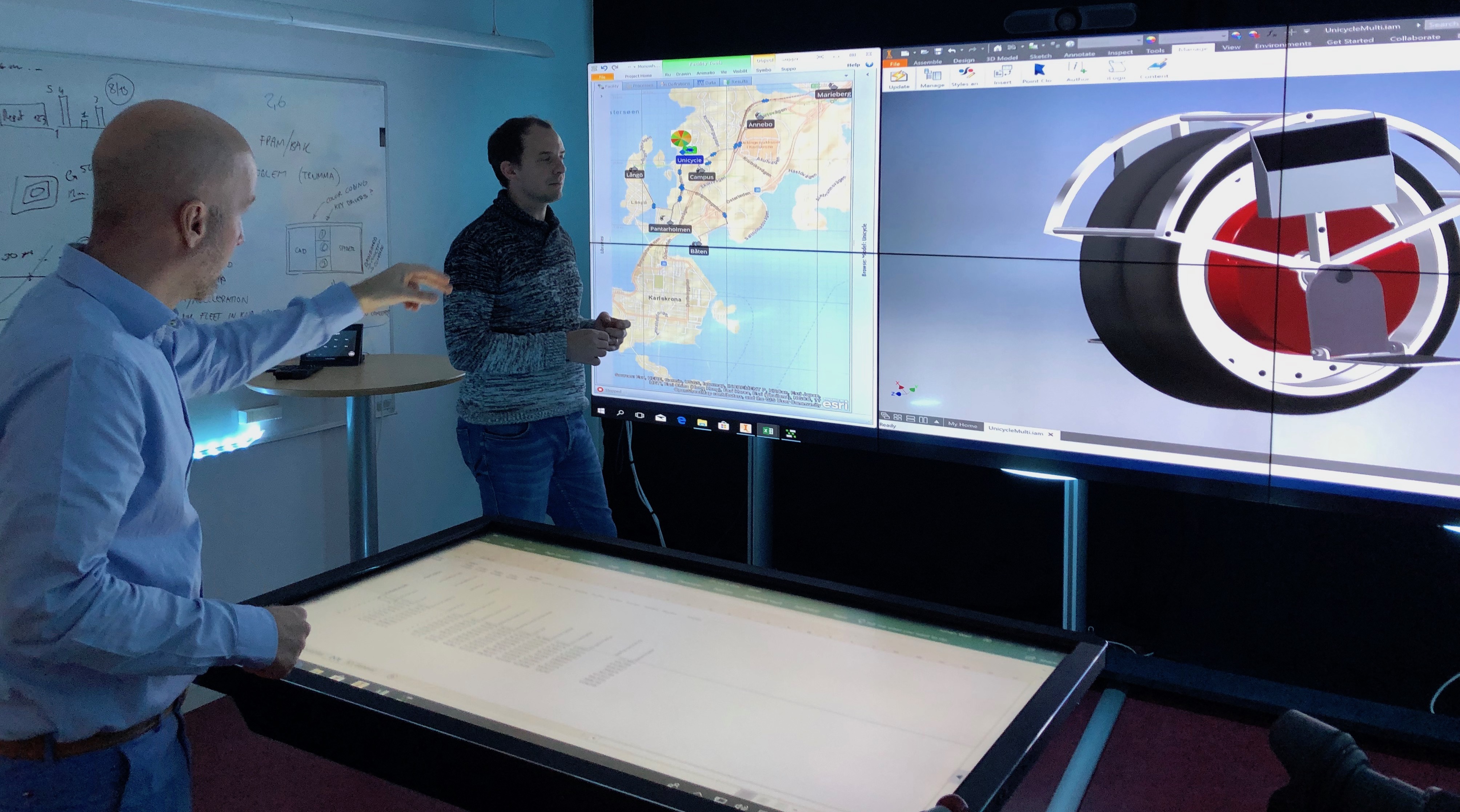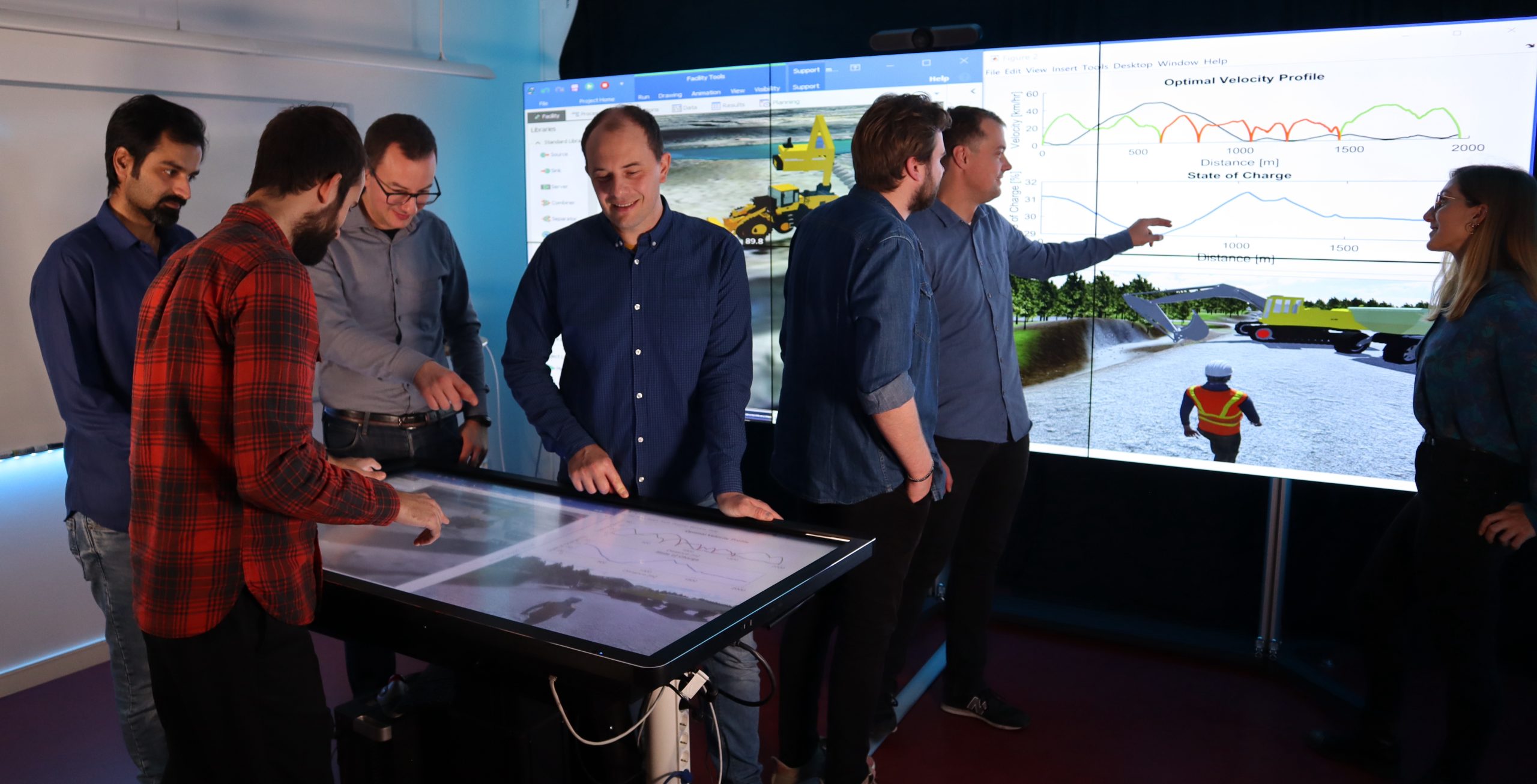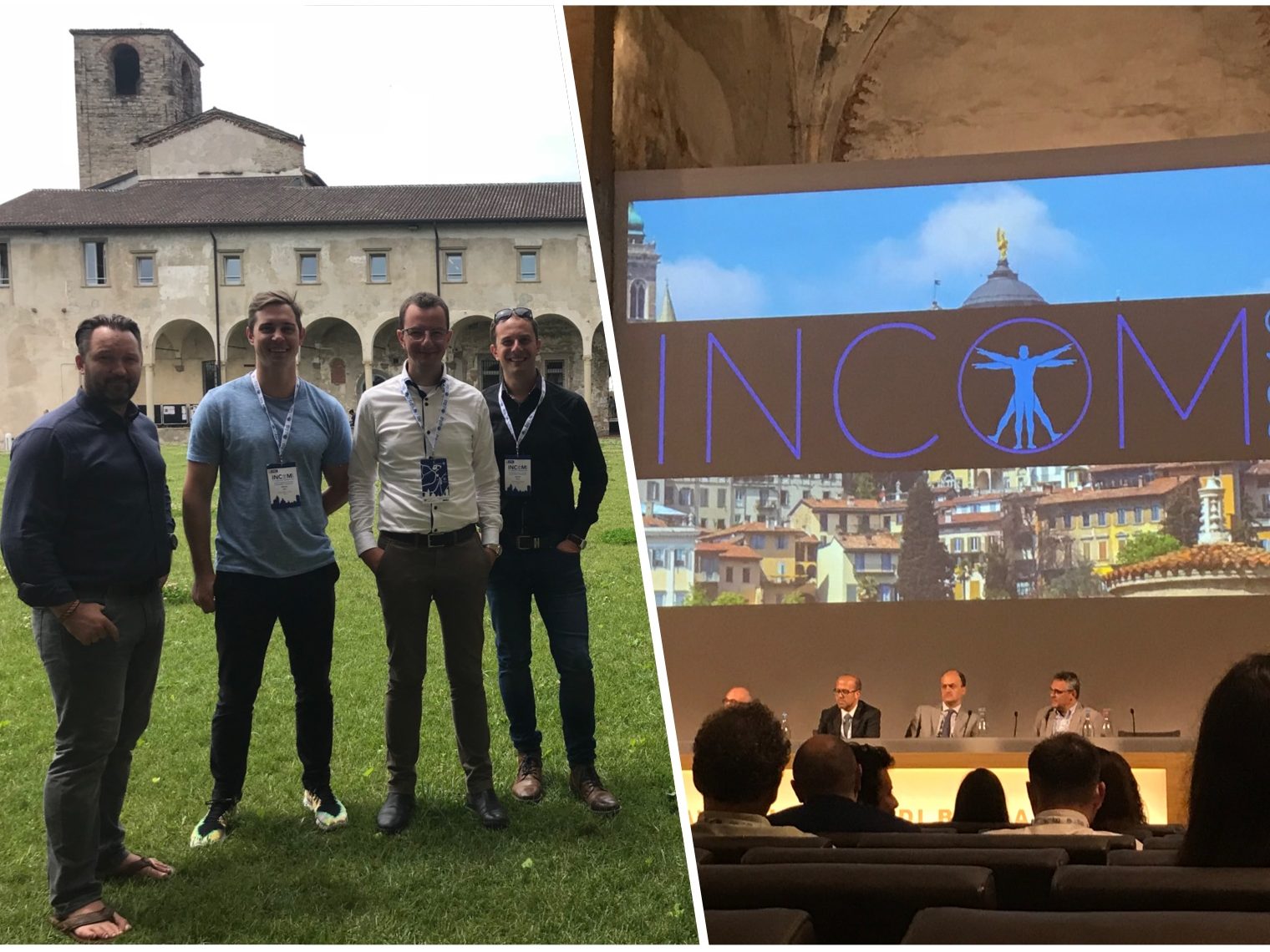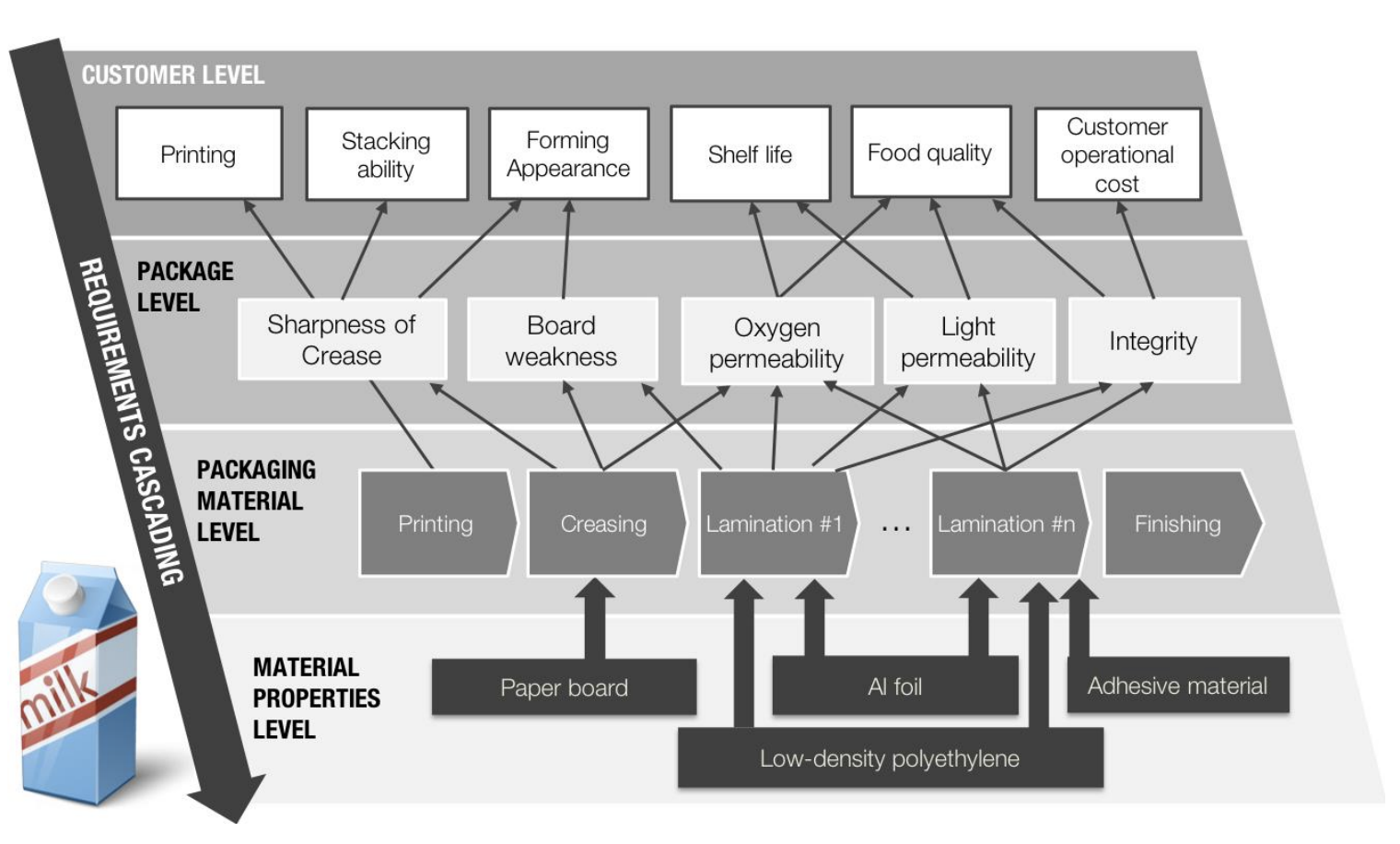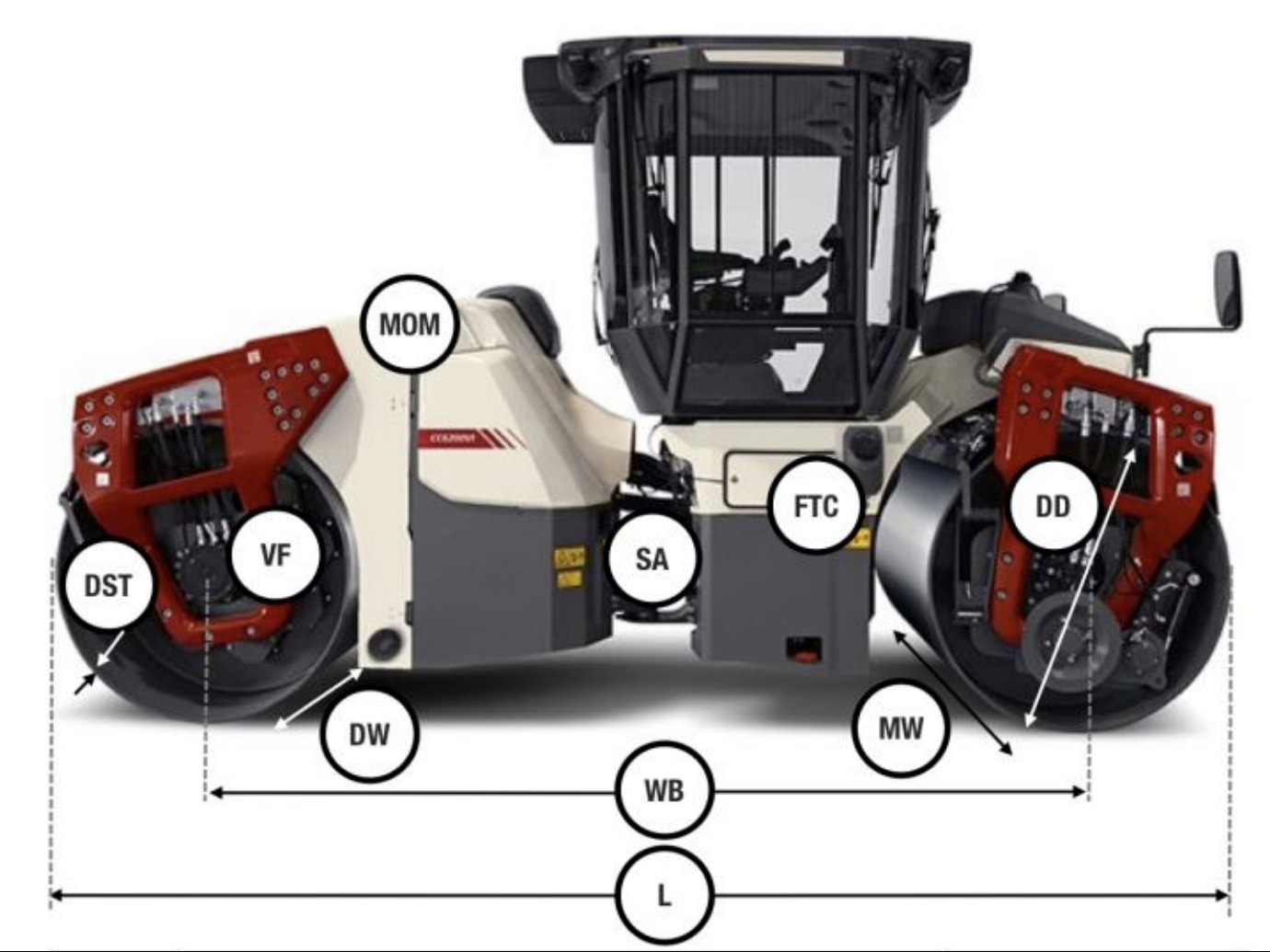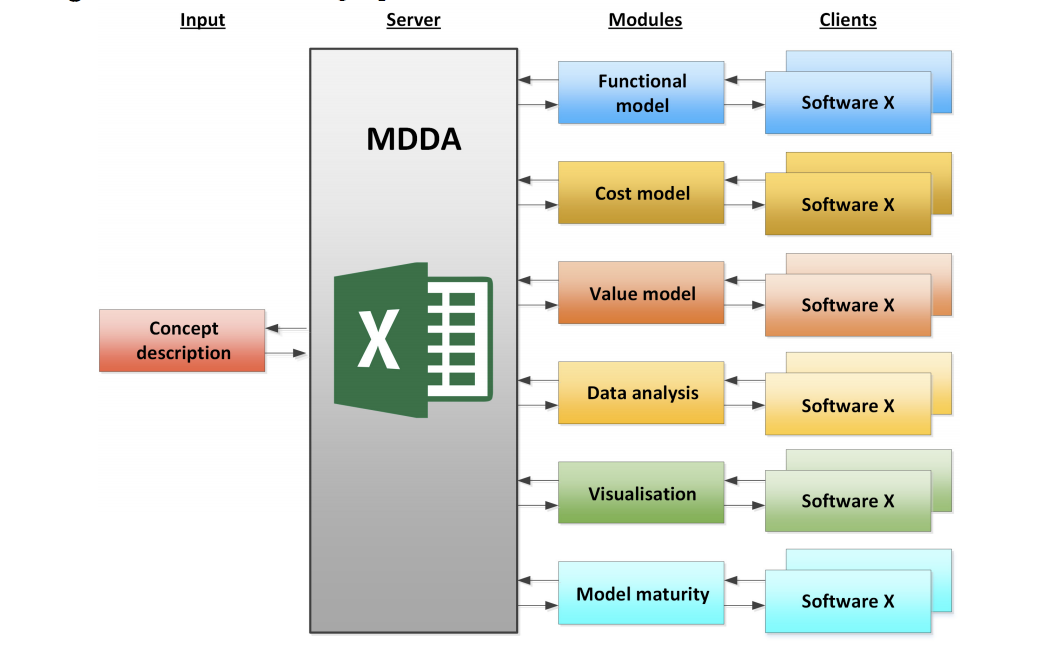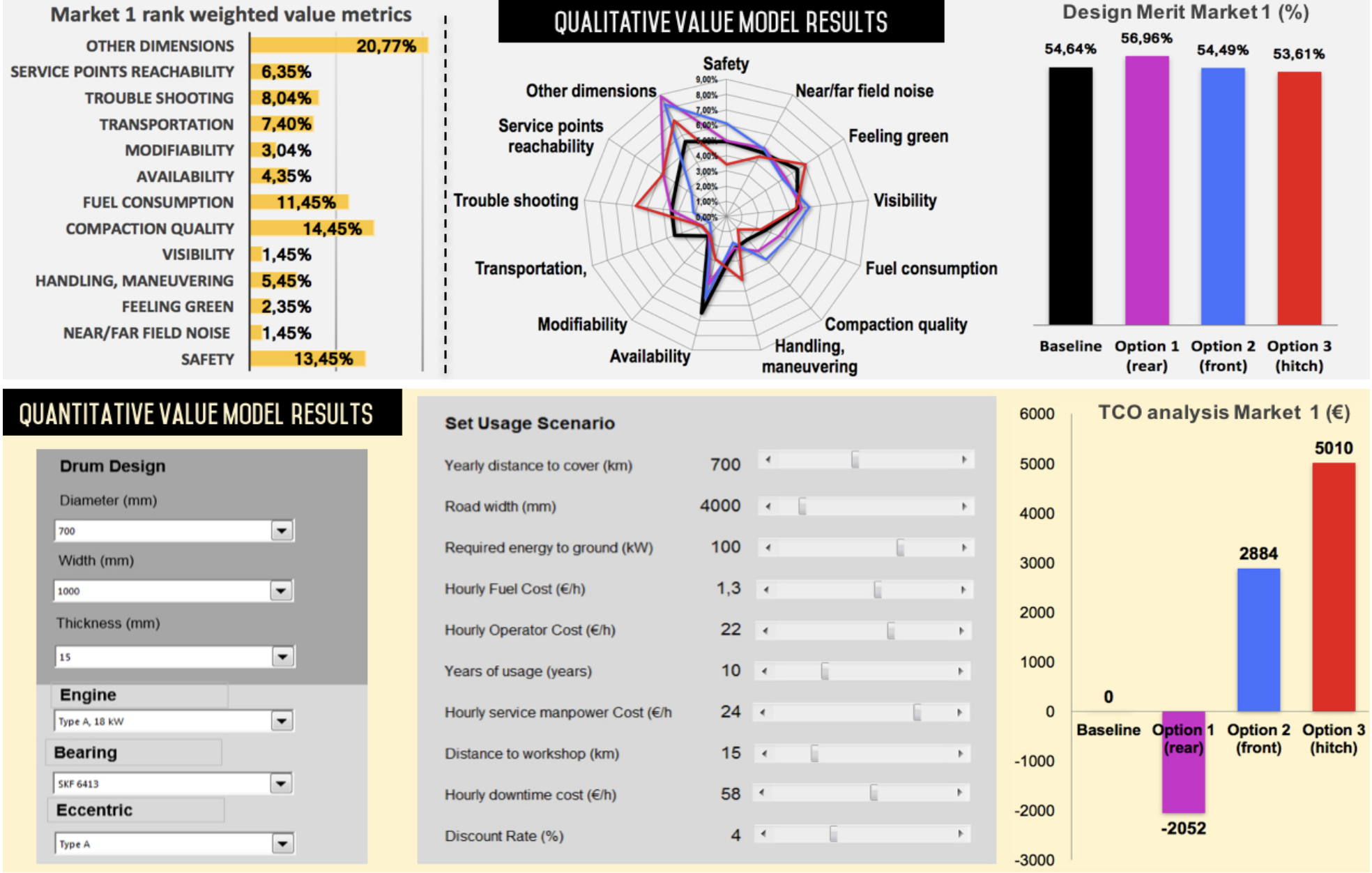One success factor in engineering design is the ability to make effective and risk-managed decisions in a timely manner. Rarely is a single person sufficient to resolve today’s complex, connected issues. Rather, a group of stakeholders possessing required expert knowledge needs to be enrolled as these issues normally requires a wide variety of expert competences, […]
Read More